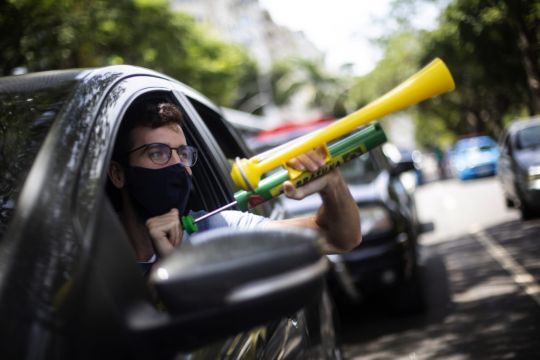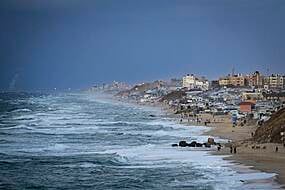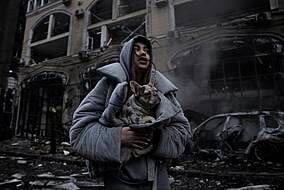Thousands of Brazilians have taken to the streets for a second day to call for the impeachment of President Jair Bolsonaro, who is under fire for his government’s response to coronavirus which has killed more than 216,000 people in the country.
Horn-honking cars paraded through the streets of Rio de Janeiro, Sao Paulo and at least a dozen other cities as other protesters marched on foot, some calling “Get out Bolsonaro!”
Sunday’s protests were called by conservative groups who had once backed the president, while those on Saturday came from the left.
“When Bolsonaro arrived, we voted for him for his proposals that we found interesting, but the situation now with the pandemic is terrible,” said Meg Fernandes, a 66-year-old engineer who joined a protest in Rio on Sunday.

She said she was especially alarmed by the situation in the northern city of Manaus, where there is a waiting list for intensive care beds and a shortage of medical oxygen.
“I had already been disappointed last year, but now with the situation in Manaus, I think (this government ) has to stop,” she said. “Bye, Bolsonaro.”
Thomaz Favaro, a political analyst at consultancy Control Risks, said Mr Bolsonaro faces little risk of impeachment, though that could change if his allies lose a February 2 vote for leadership of the lower house.
“Bolsonaro’s base in congress is unstable, but it is robust,” he said, although it could be dented by the president’s flagging popularity.

But he said impeachment would be “a nuclear option that changes the country’s political trajectory”.
Mr Bolsonaro — who is midway through his four-year term — has faced renewed criticism in recent weeks for the crisis in Manaus and for delays in launching Brazil’s immunisation campaign.
He has long resisted lockdown measures against coronavirus, arguing that economic damage would be worse than the disease.
Brazil’s prosecutor-general, Augusto Aras, on Saturday asked the Supreme Court to open an investigation into health minister Eduardo Pazuello over the crisis in Manaus.
Mr Aras cited a document that said the ministry knew of a possible shortage of oxygen on January 8, but did not start sending extra supplies until January 12.







